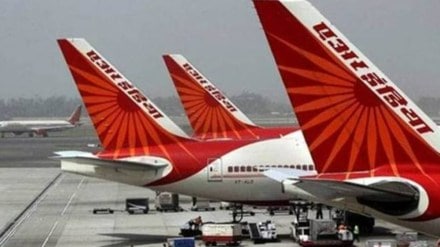The Indian Pilots’ Guild (IPG) comprising pilots from Air India has expressed fatigue-related concern about the recent duty rosters generated by the US-based Jeppesen system which has been newly inducted by Air India.
The Mumbai-based association has flagged the extended waiting periods at the airports between flights as a concern for the Airbus 320 as it ‘runs counter to enhancing crew readiness and contributes to the accumulation of fatigue over time’.
The letter was sent to Air India’s head of safety, security and quality, Henry Donohoe and to the airline’s CEO Campbell Wilson.
“This rostering approach yields a dual negative impact. It not only compromises safety but also harbours sentiments of neglect and humiliation among our uniformed crewmembers,” said Madhu Narain, general secretary, IPG.
The instances of prolonged waits at airport eateries, departure halls, and various terminal areas for hours between flights are observed with alarming frequency, the letter stated.
“Remarkably, these instances occur without the necessary assistance or facilitation from our company, and this happens in full view of the travelling public,” Narain added.
In July the Tata group promoted Air India announced the adoption of a totally new rostering system from August. The Jeppesen-built roster even allows the company’s crew to swap flights and choose accommodation of their choice during layovers.
As Indian aviation companies such as IndiGo, brands under Air India and Akasa Air race to induct as many pilots as needed to meet the new capacity addition schedules, hundreds of pilots are planning to form an association to challenge flying duty regulations. Last week, a 40-year-old IndiGo pilot died moments before he was scheduled to pilot a flight from Nagpur to Pune.
Recently, it has been observed that the relentless pursuit of operational efficiency and economic gains has led to an unintended overshadowing of the primary intent behind Flight Duty Time Limitations (FDTL) regulations, the IPG letter stated.
FDTL, which is laid down by the regulator Directorate General of Civil Aviation (DGCA), ensures adequate rest timings for pilots and flight attendants and prevents fatigue-related safety issues. The norms include rules such as all crew members fly a maximum of 8 hours a day, 35 hours in a week, 125 hours in a month and 1000 hours in a year.
“In light of these concerns, we earnestly request the elimination of these gaps within duty schedules and urge for pilots and crew to be rostered such that flight time is aligned as closely as possible with the flight duty period,” Narain added.
